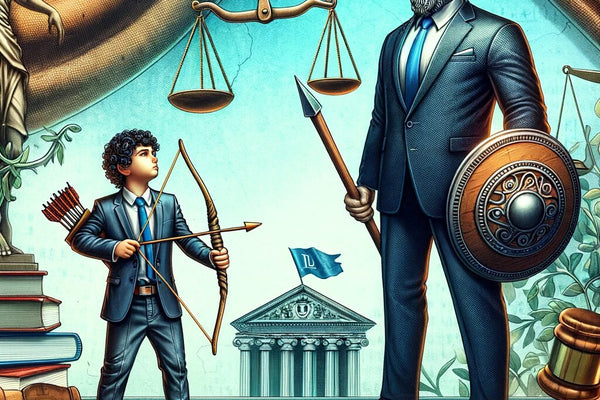Your cart is empty now.
Maintaining and renewing U.S. trademarks
Maintaining and renewing U.S. trademarks is crucial to ensure the continued protection of your trademark rights. Here's an overview of the process, timing, potential pitfalls, and ways to extend the time:What is intellectual property law, and what does an intellectual property attorney protect?
The history of intellectual property (IP) can be traced back centuries, and intellectual property attorneys have been there all along, but the modern concept and legal frameworks emerged significantly in the last few centuriesHow is the US trademark system different and how can a foreign applicant protect their name?
Filing trademarks in the United States as a foreign entity can present several concerns and pitfalls that differ from domestic trademark systems. The U.S. trademark system shares some similarities with other countries' systems, but also has distinct differences. We highlight the differences and also discuss the Madrid Protocol which can provide a streamlines way of filing in the US.









